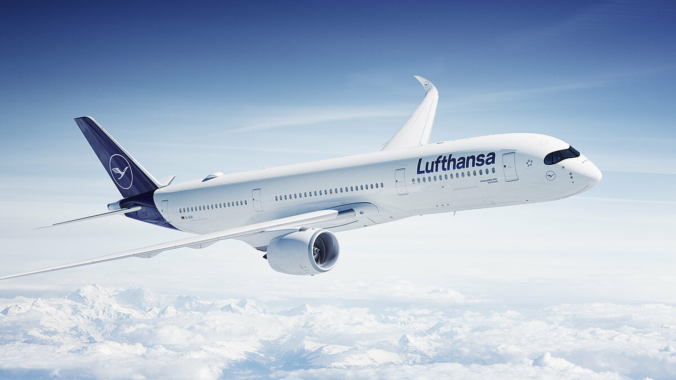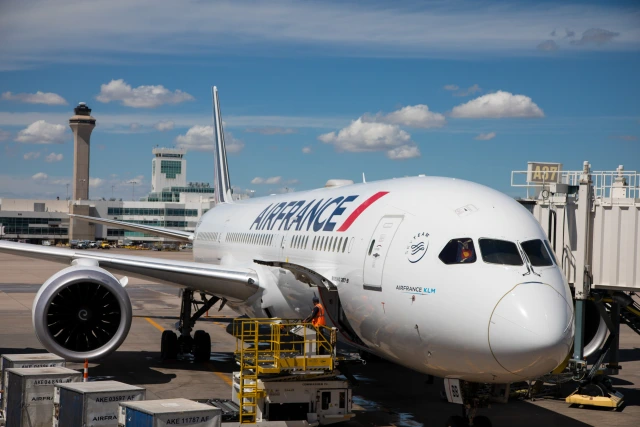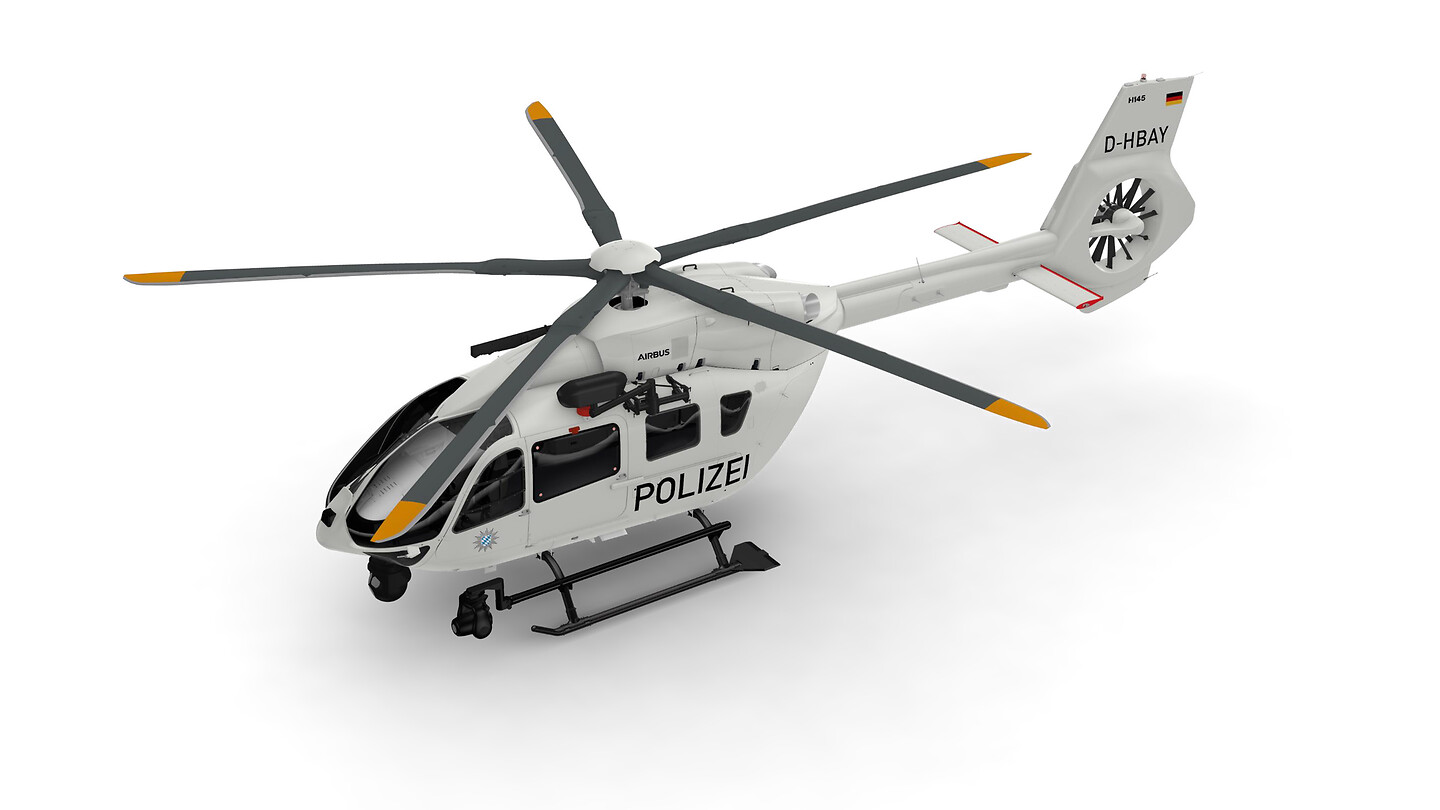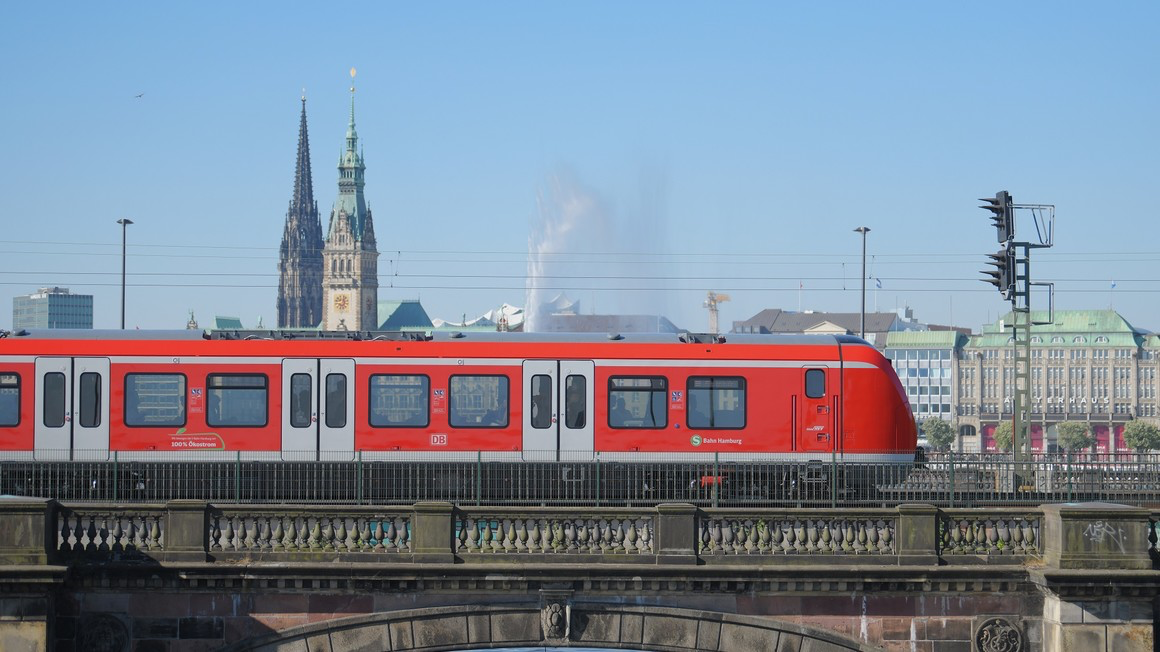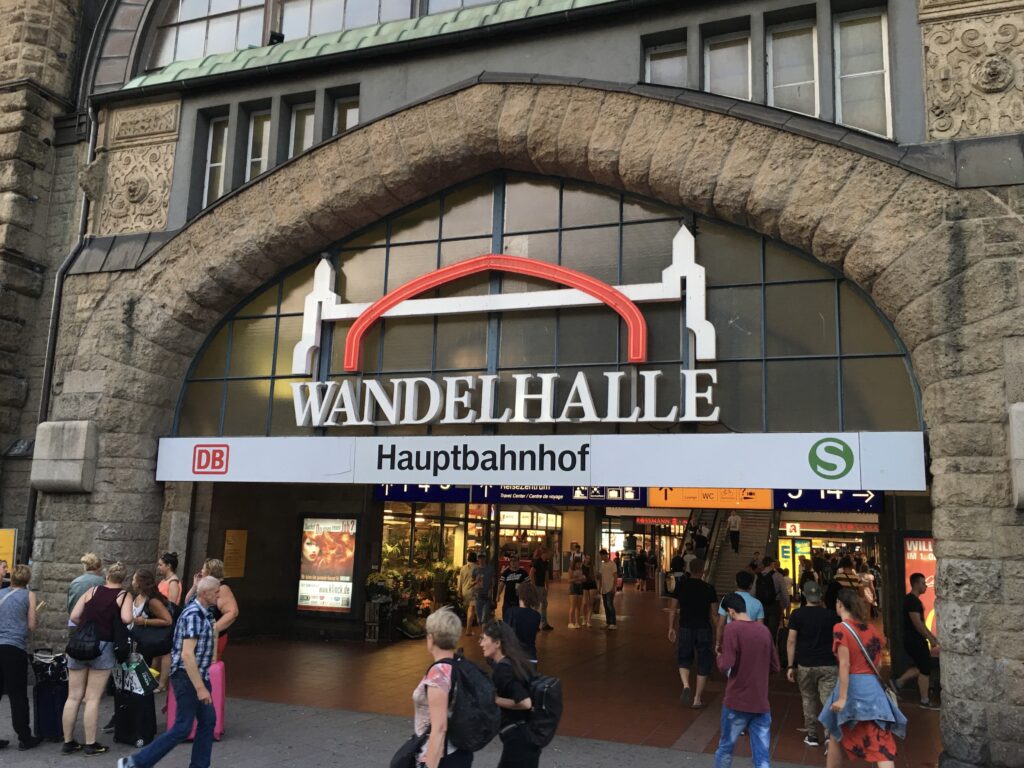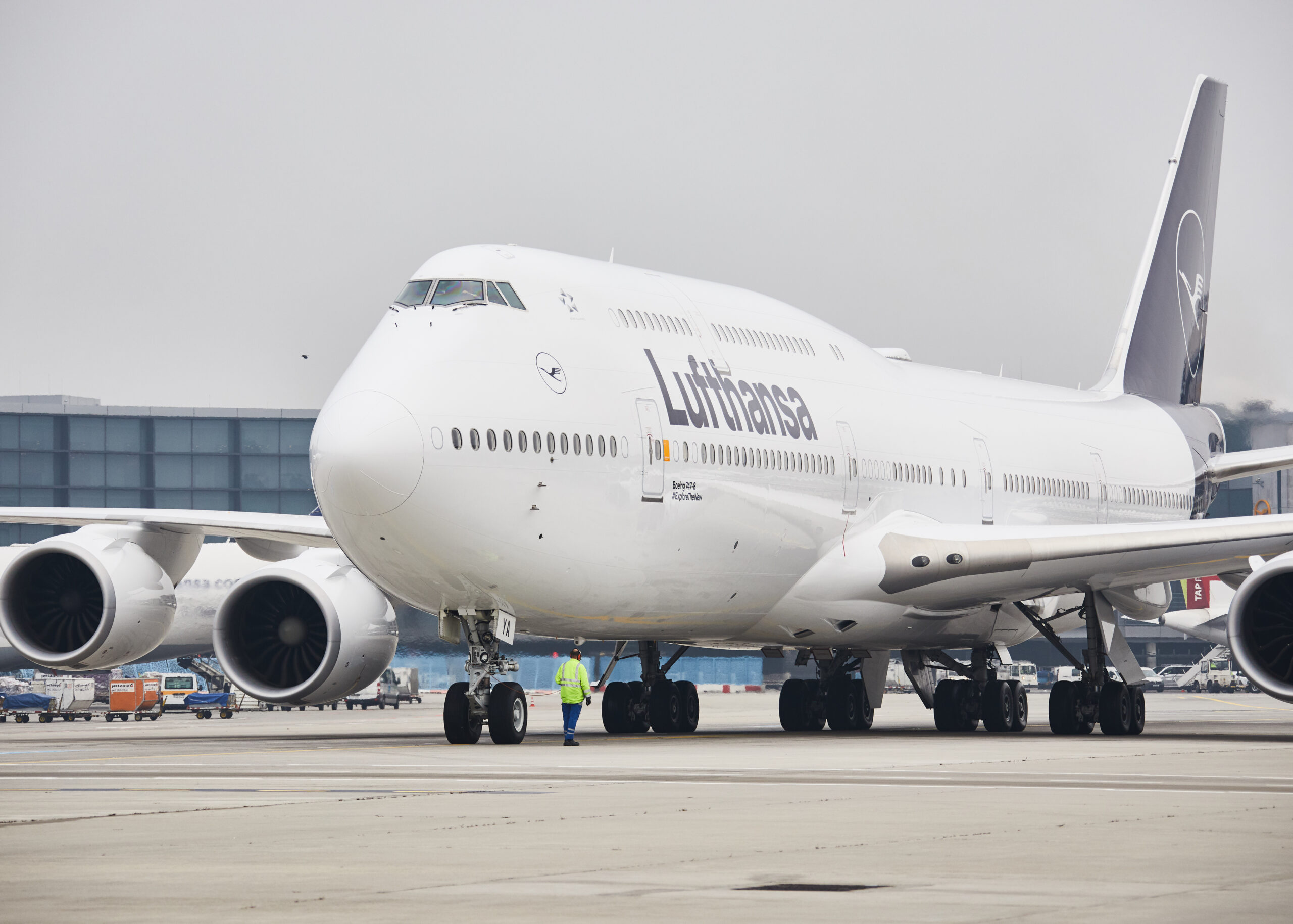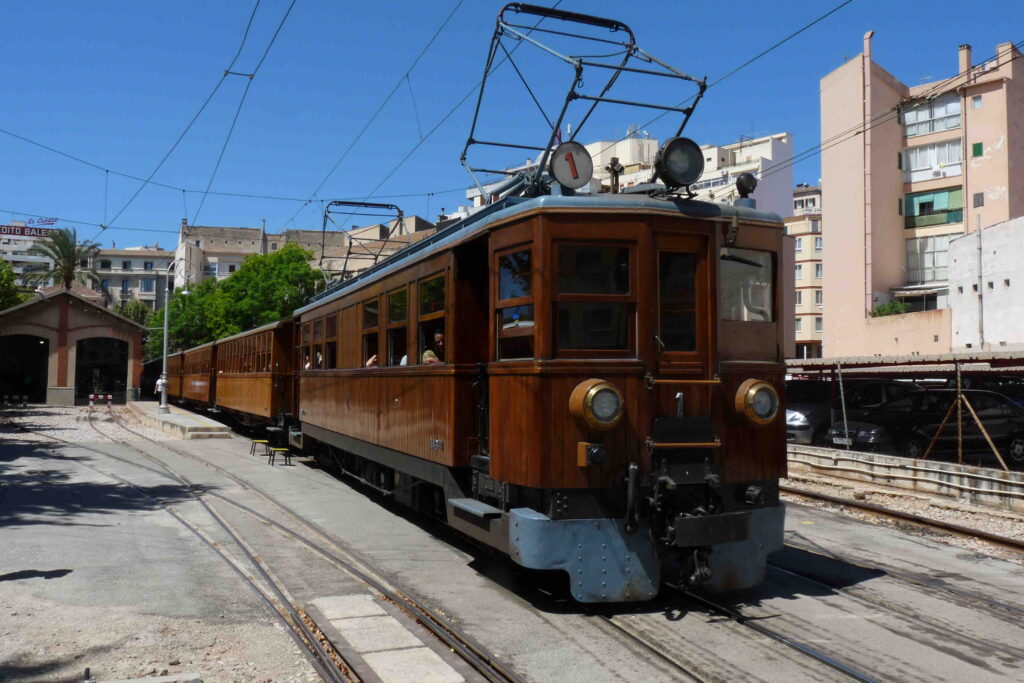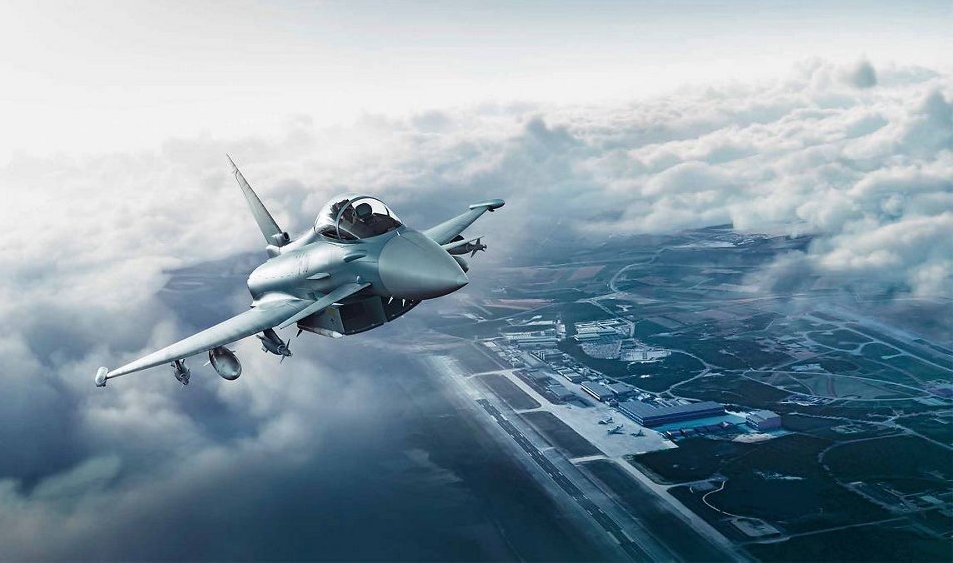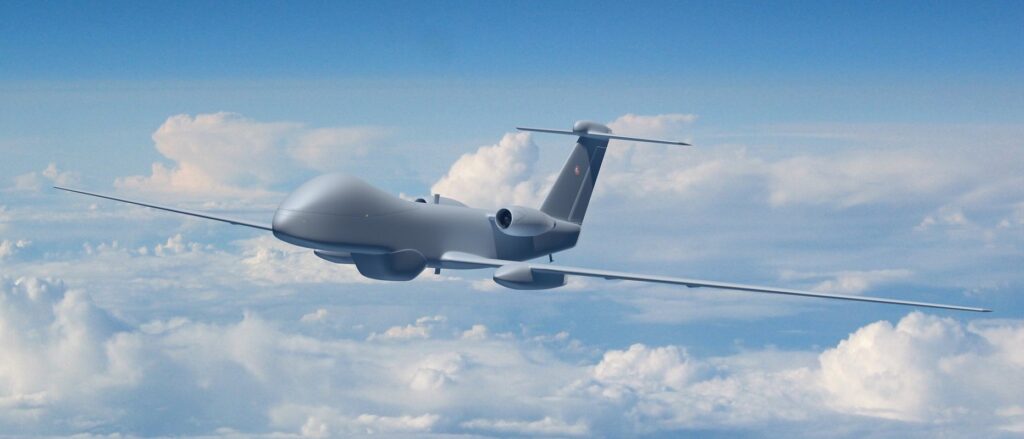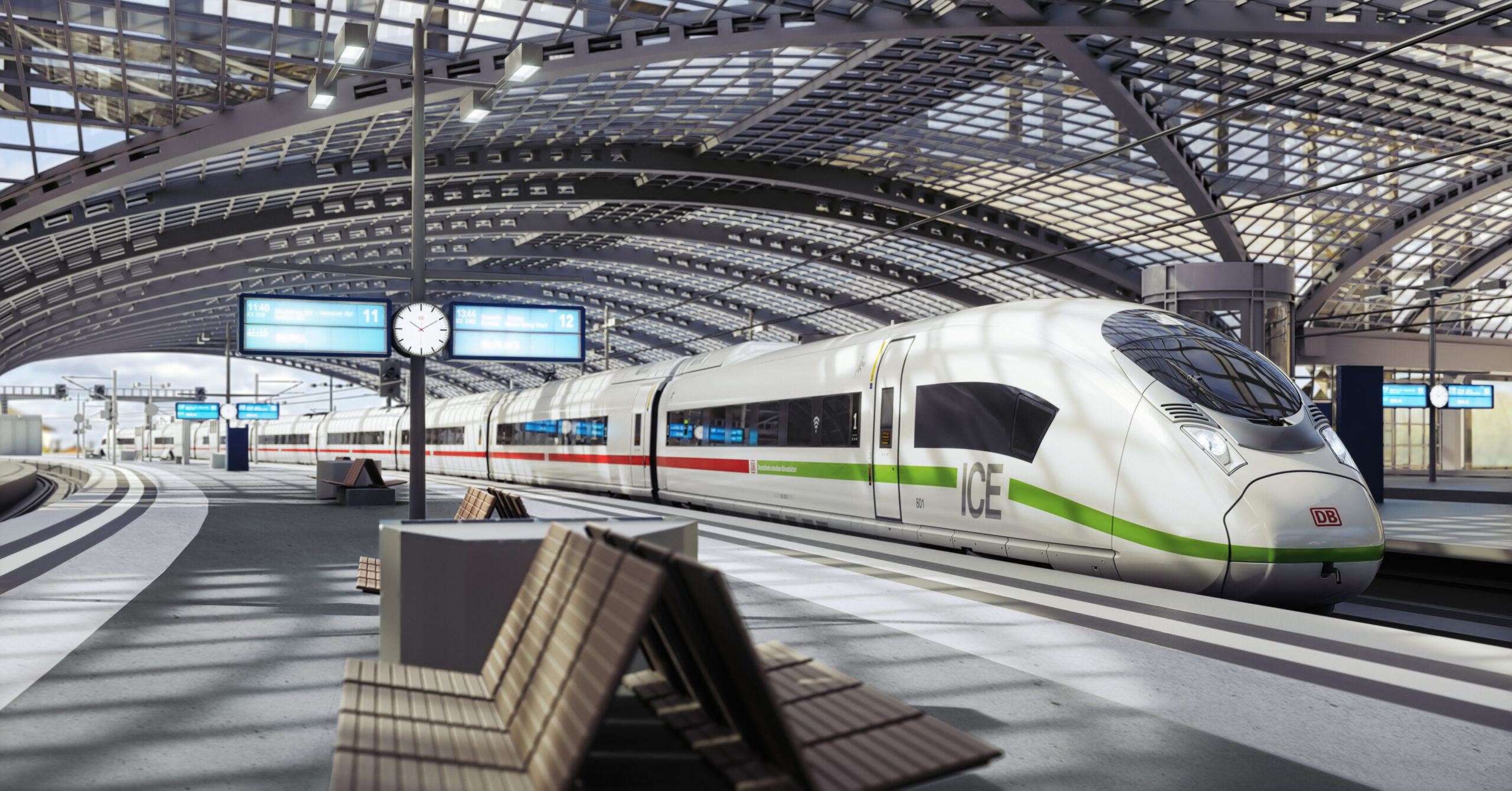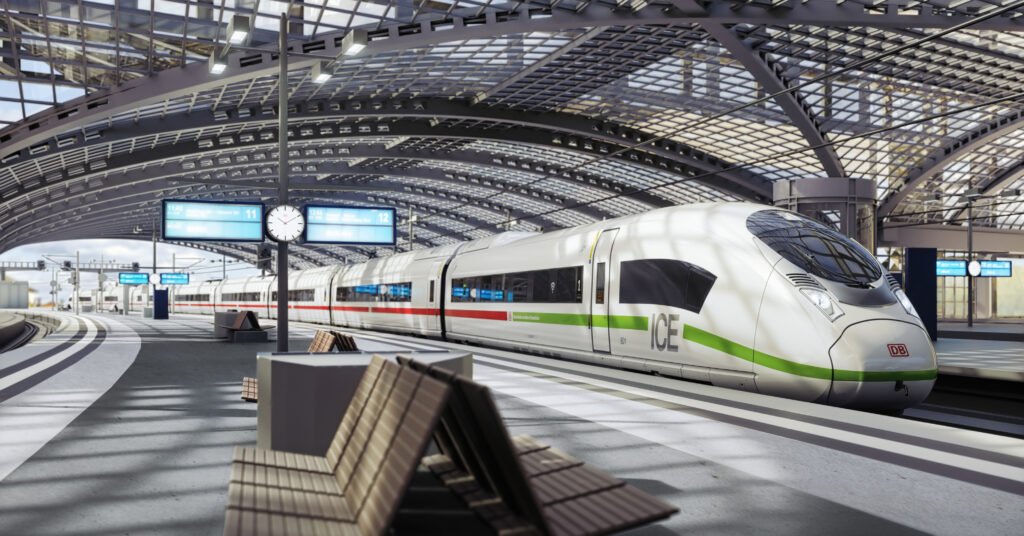Deutsche Lufthansa Group AG (Xetra: LHAG) connected the Indian metropolis of Bengaluru with Munich, the capital of Bavaria when its new service began on November 4, 2023. Alongside Delhi and Mumbai, Bengaluru is the third Indian city with a direct connection for travelers via Lufthansa’s 5 star Munich hub and is India’s third-largest city. The Indian city serves an IT hub and a center of the aerospace industry.
India in Focus
With a legacy in India that spans more than 90 years, the Lufthansa Group will be operating 64 weekly frequencies between India and Europe by January 2024. The Indian aviation market is currently the 3rd largest globally. This Bengaluru-Munich service represents Lufthansa’s strong commitment to the Indian market as Lufthansa Group’s capacity to India now exceeds pre-COVID levels.
Currently operating service three times a week and conveniently arriving the same day at 8:05 in Munich, Lufthansa guests will enjoy their experience on one of the most modern and fuel-efficient long-haul aircraft, the Airbus A350-900. As with all services to India, local cuisine and catering will be offered to passengers onboard their direct service from India’s “Silicon Valley” to Munich and beyond.
Forward-Looking Statements
This press release contains forward-looking statements within the meaning of the Private Securities Litigation Reform Act of 1995, including expected delivery dates. Such statements are based on current expectations and projections about our future results, prospects and opportunities and are not guarantees of future performance. Such statements will not be updated unless required by law. Actual results and performance may differ materially from those expressed or forecasted in forward-looking statements due to a number of factors, including those discussed in our filings with the Securities and Exchange Commission.
